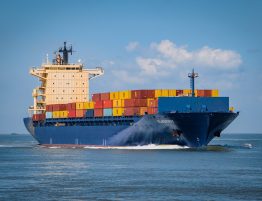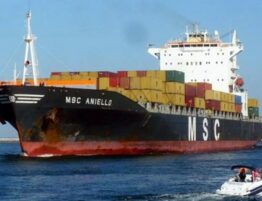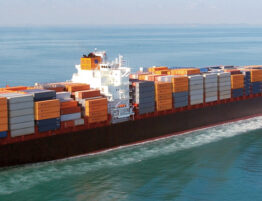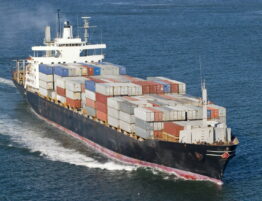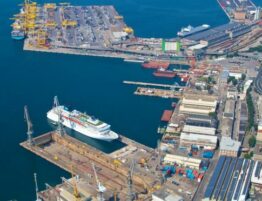The Hanjin case encompasses a number of legal issues that the firm is currently addressing –out of court for now– on behalf of Clients who are involved in several respects.
What transpires from the operators is a troubling disorientation and a sense of uncertainty for the goods that are still awaiting to be transferred to their final destination.
In particular, the matters we are being asked to address from a legal point of view (closely connected to the operational one) concern on the one hand the containers which have already been unloaded from ships, and on the other hand the ones that are still at sea.
As regards the first group, the terminal operators, as is well known, have adopted release measures with special tariffs for the performance of handling services, also requesting an amount (which varies according to each different seaport) as a deposit to secure the release of the empty containers. With regard to this last point, the policy taken out by Fedespedi for the benefit of its members has been regularly applied with effective operational results. What is important from a legal point of view is that adherence to these operating protocols must be accompanied by adequate legal safeguards, through the entering into private agreements or the transmission of formal communications expressly stating there must be no prejudice to one’s rights, with the clauses that will be deemed most suited to each individual case.
As for the ships at anchor, there is still a situation of uncertainty, while waiting for the next developments, also after the outcome of the Korean Hanjin procedure which is currently still in the investigation phase of the reconstruction of the statement of liabilities.
The liability actions that are likely to be started in the future by the operators who suffered damages due to the late arrival of goods will trigger a chain mechanism of complaints where the proper identification of the roles played by those in the shipping industry will be important. Once again, then, as experience tells us when facing pathological events of cargo handling operations, the systematic use of contractualization of freight forwarding and the correct preparation of documentation kits will constitute the fundamental premises to trace an effective defensive strategy to the benefit of the parties interested in the cargo.
From a legal perspective, it is interesting to examine the concept of loss of goods. Lacking a precise definition in the uniform rules (provided by the 1924 Brussels Convention as amended), the doctrine has included in this type of damage both physical and economic loss. In general, it is believed that there is a loss even when the goods are lost. Considering that in the Hanjin case the transported goods have not materially been lost, even though they are unavailable to the parties interested in the cargo, the question is when and how can we speak of damage? Certainly the relevant concept is that of delay, classifiable as such when the good reaches its destination later than when expected, such as to become outdated or objectively worthless. In the absence of a specific definition of delay in international maritime transport law, it may be concluded, in light also of the doctrinal interventions in the field, that the so-called direct damage (equal to the loss of the market value of the goods) is the one which will be compensated, with the exception of possible indirect prejudicial consequences (in this respect, the most interesting case law, even though somewhat outdated, was provided by the judgments of the French courts, as App. Lyon 31.10.1980 and App. Paris 20.4.1982).
The possibility of compensation for indirect damages remains instead open to legal interpretation, according to the subjective argumentation and/or to the specific location of the creditor of the carriage by sea. In this regard, the wording of Article 4.5 (b) of the Visby Protocol, referring exclusively to the market value of the goods, may constitute a limit for the admissibility of more wide-ranging compensatory damage claims. Moreover, in the absence of a specific agreement between the parties on the possible mandatory nature of the date of delivery, there are no universally applicable objective parameters to determine when a delay may become compensable.
(Bologna Office – Barbara Michini – 0039 (0)51 2750020)


